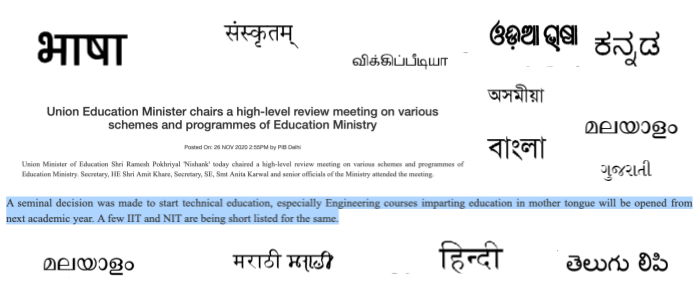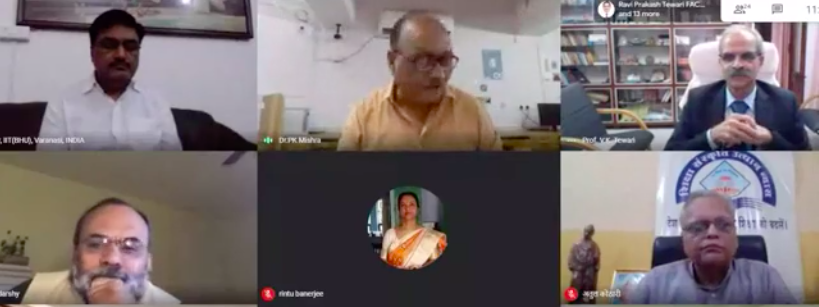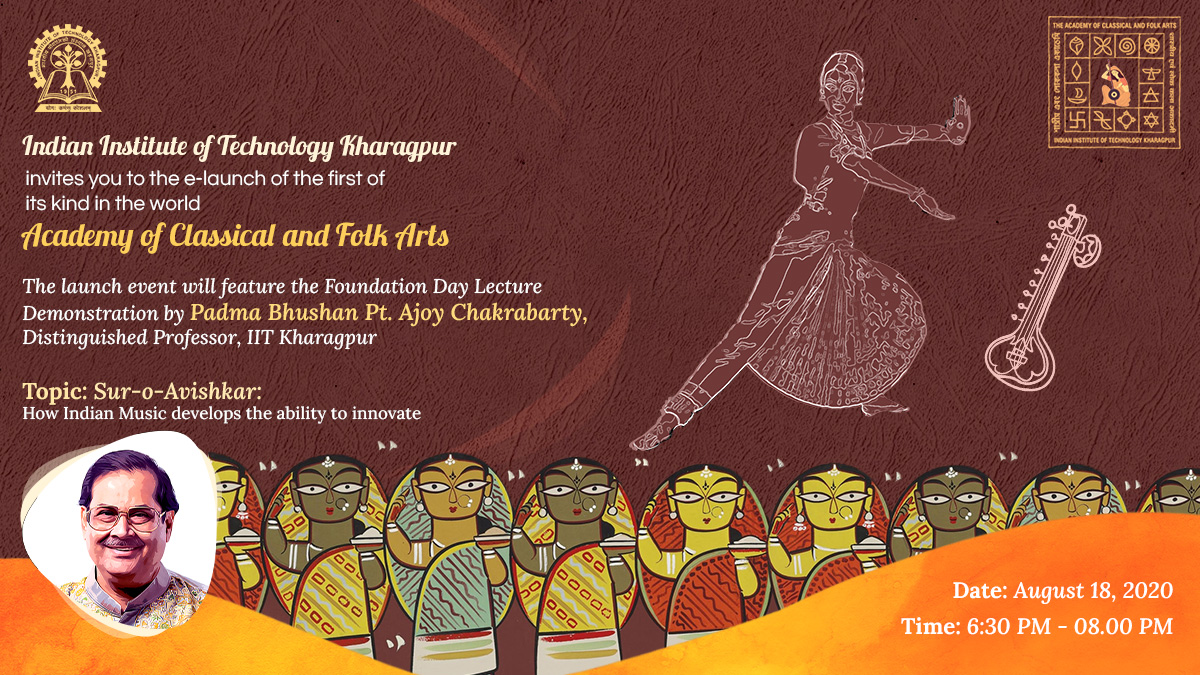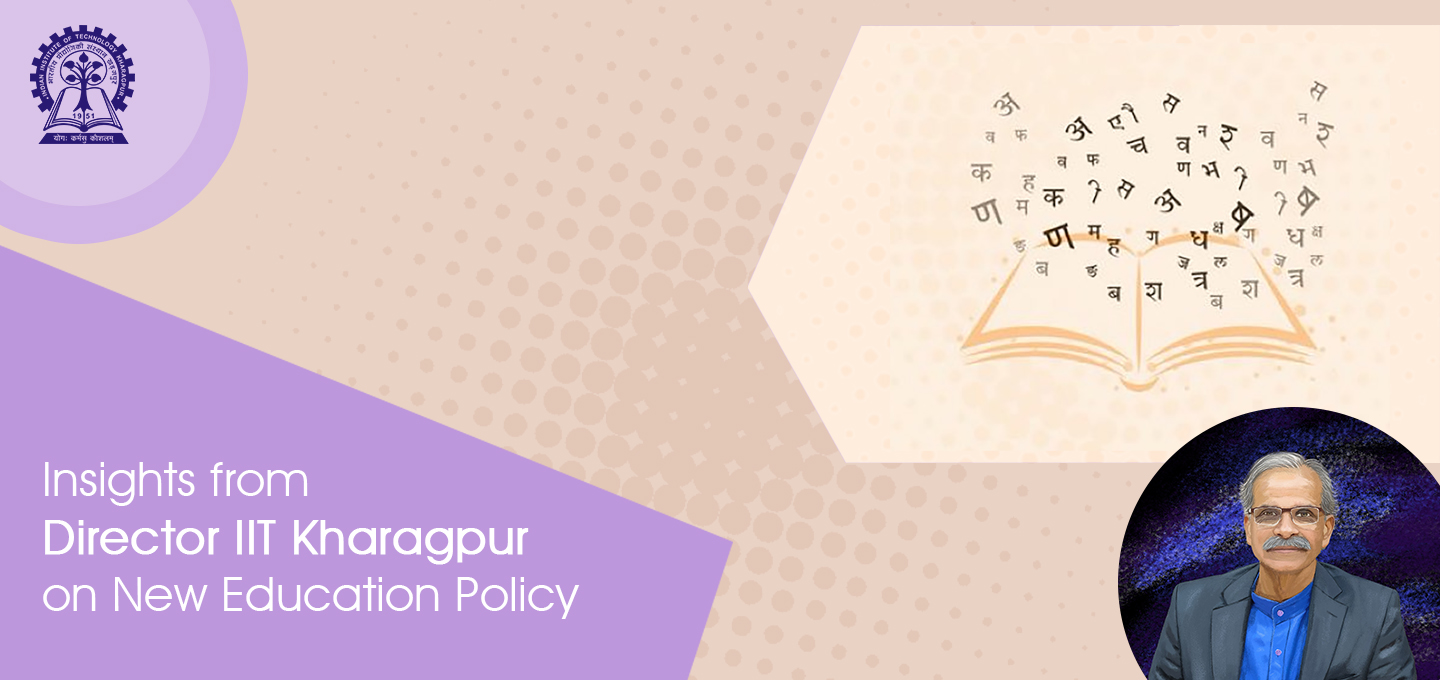
Making Sanskrit Accessible through AI-based Text Processing
Researchers at IIT Kharagpur are making Sanskrit accessible with their Artificial Intelligence-based system for processing Sanskrit texts There has been a renewed interest in Sanskrit since the announcement of NEP 2020. Various academic institutions both at school education as well as higher education are adopting various approaches for improving the reach of the language through training programs, research and outreach initiatives. While various digital resources have improved the accessibility and use of world languages and even regional languages, Sanskrit presents unique challenges in automated computational processing. In addition to the sheer volume and diversity, both stylistic and chronological, found in…





